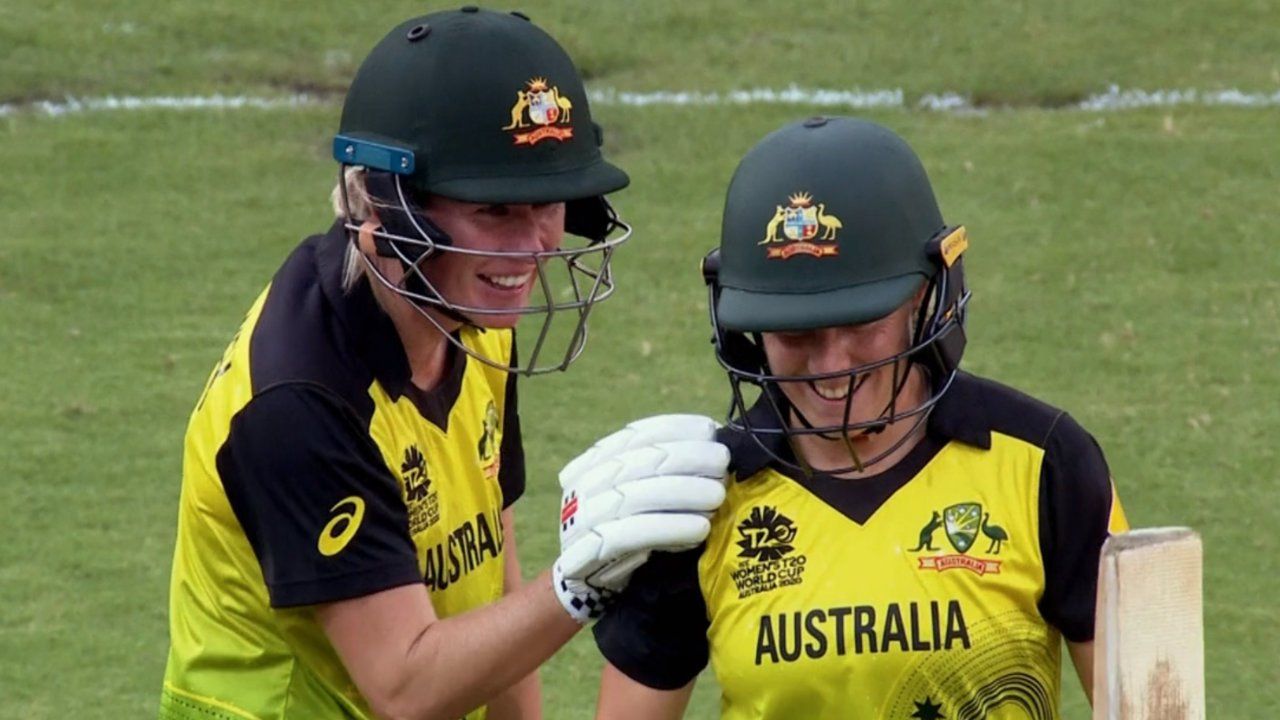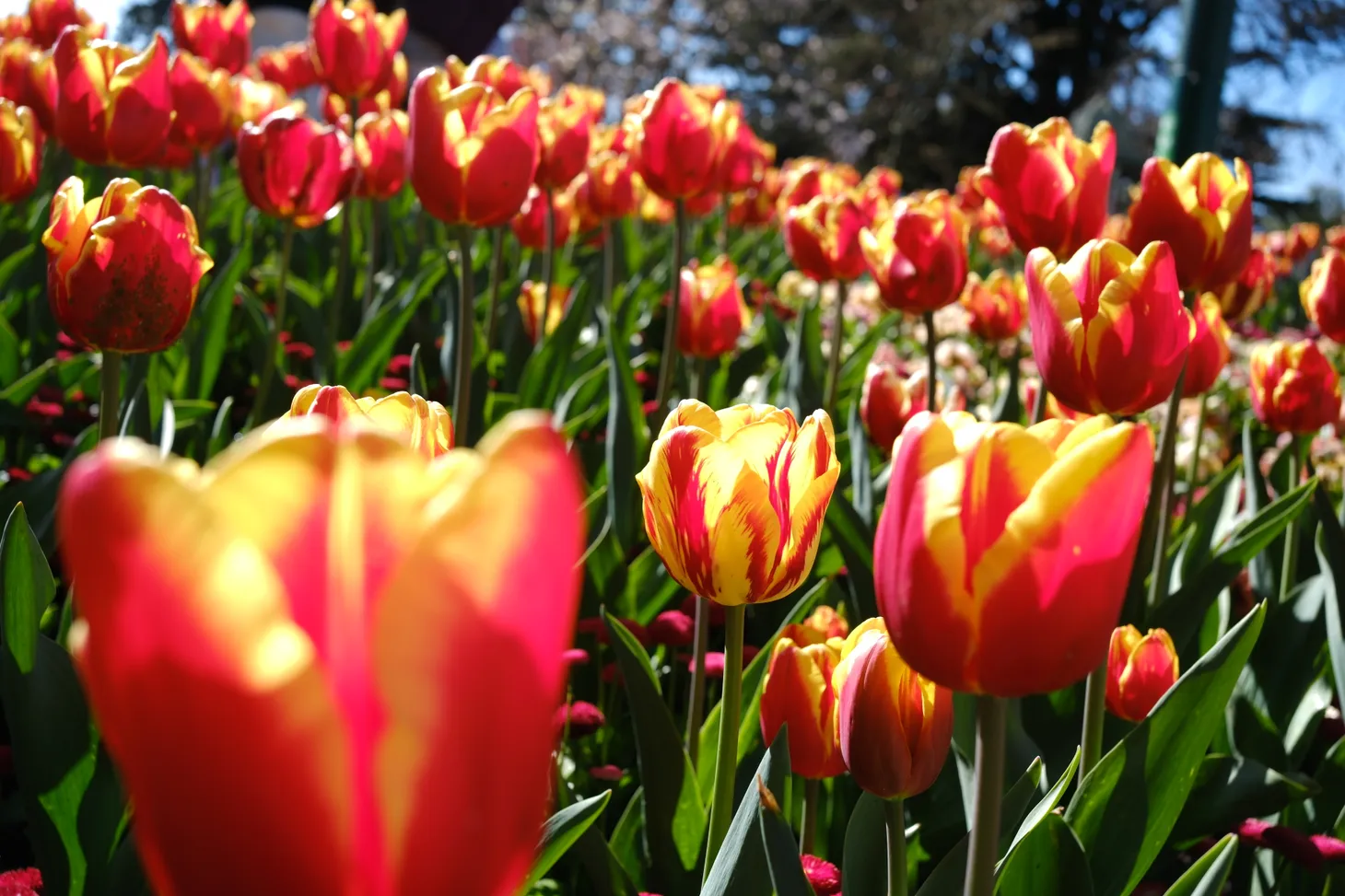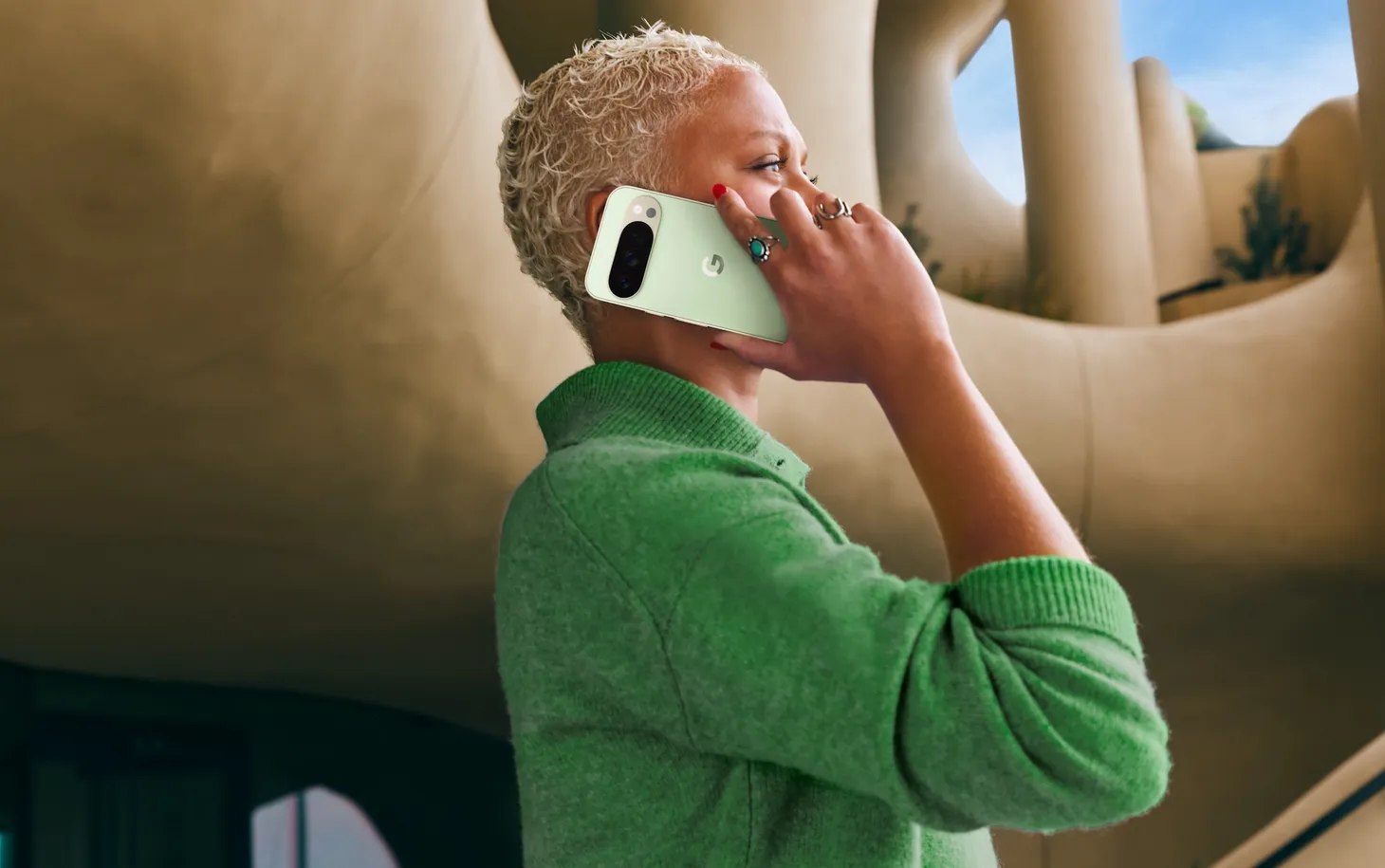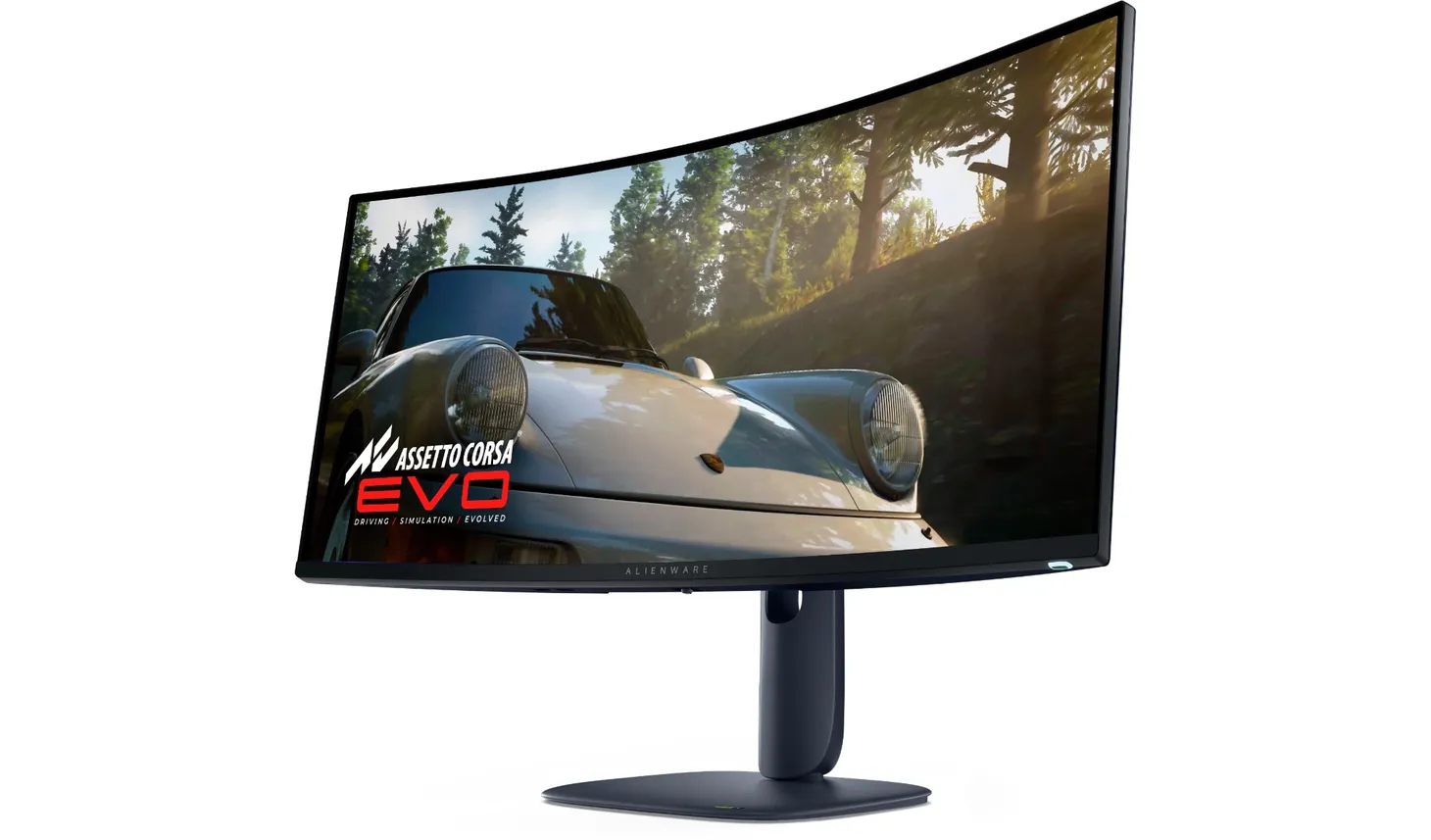'The Record' is an inspiring look into women's sport and pre-COVID society
86,174 at the MCG one week, a pandemic the next. Amazon Prime doco The Record celebrates women's sport while showing how much has changed.

Sport has an obsession with weeks; anyone who has a vague awareness of the world of sports cliches knows this all too well.
Take things one week at a time, what a difference a week makes, a week is a long time in sport.
Looking back at the 2020 Women's T20 World Cup, it's scary to think how much these otherwise innocuous mantras rang true.
Released last month via Amazon Prime — whose Australian sports portfolio is on the rise, including an AFL documentary — and ABC iView The Record highlighted the brilliant success of the Australian women cricketers who won an international tournament on home soil, smashing records in the process.
A week later, live sport vanished, one of many casualties of the global pandemic.
Co-directed by sports journalist Angela Pippos plus film and TV producer Nicole Minchin, The Record captures a significant moment in Australian sporting history, while offering a glimpse of what life was like pre-COVID.
In contrast to Prime's more warts-and-all doco series The Test following the Australian men's cricket team, The Record is closer to a celebration of the success of the women's team and the organisers whose ambition led to such a large scale finale.
This is not to suggest The Record is without drama — quite the opposite.
From the outset, Cricket Australia executives were met with scepticism and some pushback from the Aussie women cricketers leading into the Australia-hosted 2020 Women's T20 World Cup.
The players were told of a grand vision to fill the Melbourne Cricket Ground (MCG) — a venue with a capacity of 100,000 people — for the tournament final scheduled to take place on 8 March 2020, International Women's Day.
Firmly set in the organisers' sights was beating the record for the most-attended women's sporting event in history.
90,185 flocked to the 1999 women's soccer World Cup final between US and China at the Rose Bowl in Pasadena, California. A target a packed MCG could feasibly surpass.
A noble goal, sure, although the Australian team didn't buy into the vision at first, considering they were accustomed to playing in front of crowds of a few thousand, not tens of thousands.
This lofty target to pack the MCG hinged on another factor: Australia making it to the final in the first place.
Australia's women's team had the talent and belief to make the final, but poor early play put the favourites in a deep hole with plenty of work ahead of them.
If Australia missed the final, Cricket Australia would have faced utter embarrassment. A final between fellow contenders England, India or South Africa would still prove a worthy spectacle, although the home nation's record attempt may have been in tatters.
Hindsight is a wonderful thing, but The Record superbly depicts the tension of the time through interviews with executives alongside past and current women players including the likes of Belinda Clark, Meg Lanning and Megan Schutt.
Arguably the breakout star of The Record was tournament MVP Beth Mooney. Not necessarily for her red-hot form with the bat, but for her delightfully laid-back interview responses.
Mooney, who grew up in Shepparton, provided plenty of entertaining anecdotes from the tournament in such a wonderfully dry manner with the odd expletive peppered in.
One of Mooney's highlights is when she recalled being asked to do a media conference following the devastating news teammate Ellyse Perry was struck down by injury.
Immediately regretting agreeing to the media appearance due to her self-admitted habit of saying "dumb shit", Mooney flatly recalls feeling bewilderment at some of the media's questioning and the difference between what she thought and actually responded with.
A close runner-up in the rising star stakes came courtesy of a cameo from Thailand captain Sornnarin Tippoch.
Tippoch's infectious glee at simply taking part — it was the first time a South-East Asian team qualified for the Women's T20 World Cup — was a wonderful contrast from the other nations' dogged determination.
While the eventual Australian triumph over India in the final fell short of the all-time attendance figure, an impressive 86,174 at the MCG set a new record for an Australian women's sporting event.
This eclipsed the previous Australian record of 53,034 at the 2019 AFLW Grand Final between Adelaide and Carlton at the Adelaide Oval.
In amongst the celebration portrayed in The Record of such a significant feat, one can't help but notice how different life was during the opening months of 2020.
Packed stadiums, players high-fiving and taking selfies with fans — it all feels like an alternate reality.
Within a week of the World Cup final, all mass gatherings closed down due to COVID-19.
Only now, is Australia's sporting public seeing some sort of return to an adjusted normal. Melbourne — widely considered the sporting capital of the world — saw AFL return last week after not hosting a game throughout a pandemic-affected 2020.
Although things aren't entirely back to normal yet, live sport's widespread return in Australia shows there's light at the end of the tunnel.
The Record, while showcasing a fantastic achievement from some of Australia's top female athletes, shows a glimpse there's still plenty to look forward to for a sports-mad nation.
Byteside Newsletter
Join the newsletter to receive the latest updates in your inbox.



